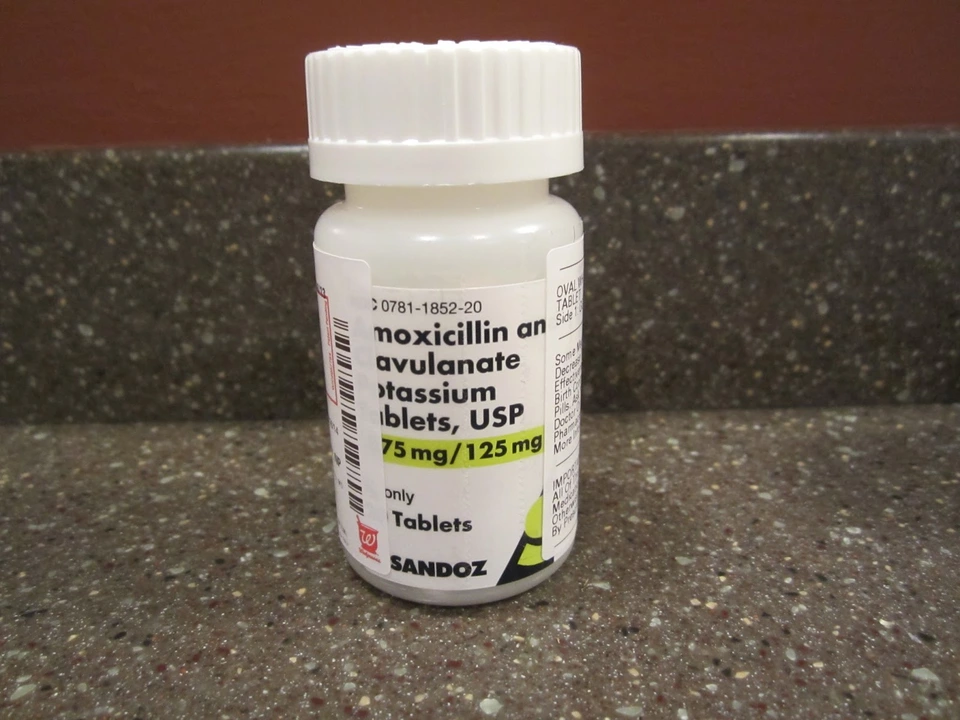Treatment: Practical Guides for Medications and Safe Use
This tag collects hands-on articles about treating common conditions, picking the right medicine, and staying safe when ordering drugs online. You’ll find clear how-to advice—when to see a doctor, how drugs work, what side effects to watch for, and simple steps to lower risk.
Quick rules for safe treatment
Always confirm a diagnosis before starting medication. If symptoms are new, severe, or getting worse, get medical help. Read the patient leaflet and check active ingredients to avoid duplicates or dangerous mixes. Track side effects for a few days and call your provider if breathing problems, intense rash, fainting, or sudden swelling occur.
When a drug is prescribed, follow dose and timing exactly. Missing doses can reduce benefit; doubling up can be dangerous. Store meds as labeled—some need refrigeration, others must stay away from heat. Use a pill organizer or phone reminders if you take several medicines.
Buying meds online safely
Want to order medicine online? Use licensed pharmacies with clear contact info and verified reviews. Look for certification like CIPA or comparable local regulators. Avoid sites that sell prescription drugs without asking for a prescription, promise miracle cures, or offer prices that look too good to be true.
Check packaging and pill markings when your order arrives. If pills look wrong, contact the pharmacy and your prescriber before taking them. Keep receipts and photos—those help if you need a refund or to report a problem.
This tag also covers switching drugs and alternatives. For example, if levothyroxine causes odd symptoms, the site explains how to spot intolerance and what options to discuss with your doctor. If an antidepressant like venlafaxine isn’t right, we compare alternatives and their likely side effects so you can talk to your clinician with specifics.
We break down common drug classes—antibiotics, antifungals, beta-blockers, diabetes meds, inhalers for asthma, and steroid courses like prednisolone. Each article explains when the drug helps, common problems, and red flags that mean stop and call a clinician. Practical tips include how to reduce GI upset, when to take with food, and which interactions to avoid.
If you’re pregnant or planning pregnancy, read the pregnancy-specific posts first. Some drugs are safe, others aren’t. We explain risks and safer alternatives so your conversations with your provider are focused and useful.
Use the tag search or related links on each article to find similar topics fast. Still unsure? Use our contact page to ask for general guidance—never for personalized medical advice. Your health decisions should always include a licensed clinician when possible.
Read the articles, take notes, and bring questions to your next appointment. This tag is meant to help you understand treatments so you can make clearer, safer choices for your health.

How azithromycin can help treat strep throat
Apr 27 2023 / Health and MedicineAs a blogger, I recently discovered how azithromycin can help treat strep throat. Azithromycin, a type of antibiotic, works by stopping the growth of bacteria causing the infection. It's a popular choice because it's taken for a shorter duration and has fewer side effects than other antibiotics. Many people find relief within 24 hours of starting the medication, but it's crucial to complete the entire course to prevent reinfection or antibiotic resistance. Overall, azithromycin provides a convenient and effective option for treating strep throat, getting us back to feeling better quickly.
VIEW MORE